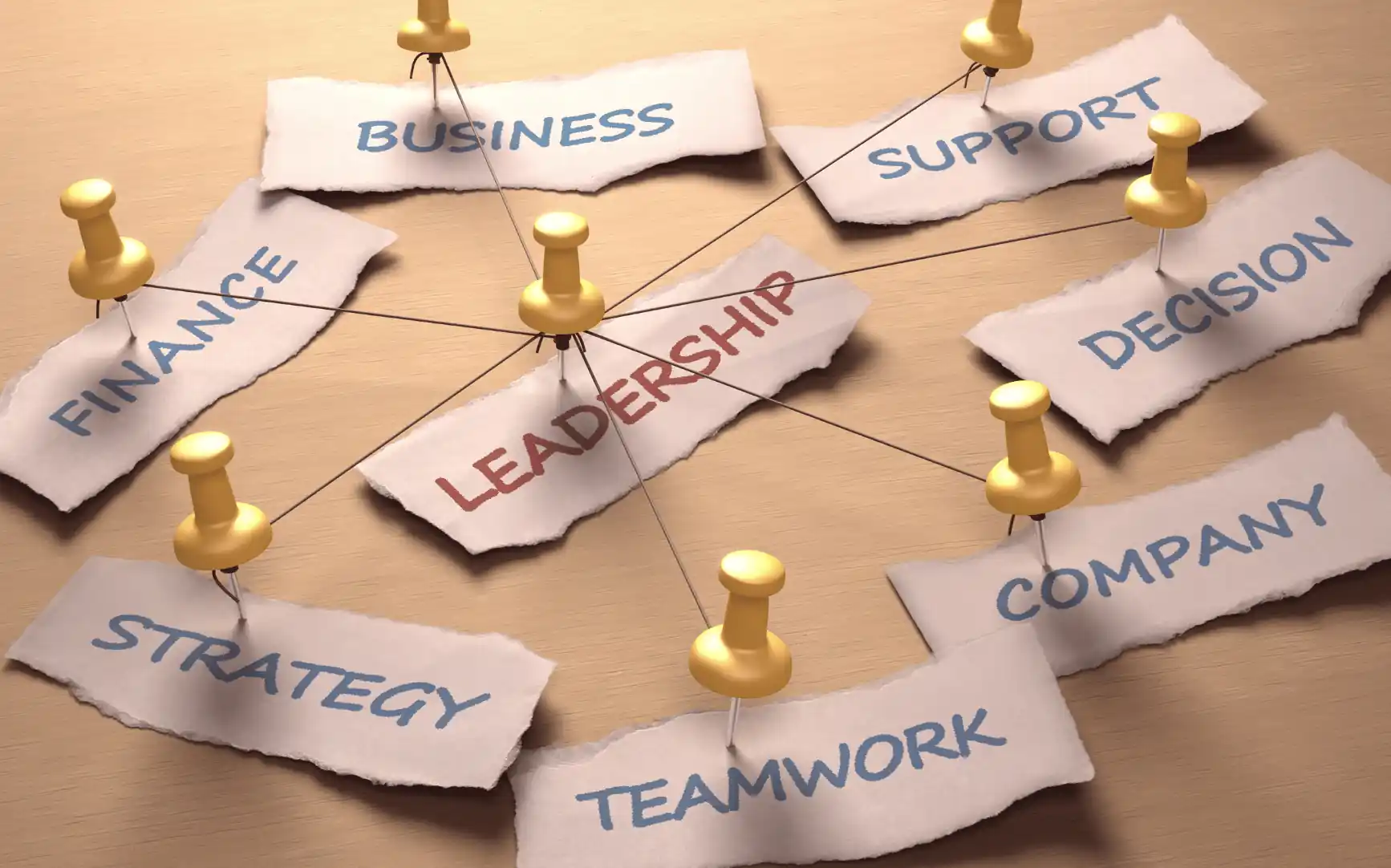
The Connection: September 2024 Issue #12
A Chief of Staff (CoS) plays a crucial role in many organizations, particularly large or complex ones. This article will explore a CoS’s various roles and responsibilities, emphasizing their significance within the organization. Additionally, we will examine how their duties differ from those of other senior leadership positions.
What Does a Chief of Staff Do?
In a company, the Chief of Staff holds a flexible role that adapts to the organization’s evolving needs. Among the critical job responsibilities of the chief of staff is managing executive priorities. Furthermore, they divide their job into two main areas to ensure smoother operations and better alignment with the company’s goals.
Helping the Organization Run Smoothly:
The CoS is a crucial point of contact for senior managers. The chief of staff’s responsibility is to help them coordinate their efforts and ensure that everything runs smoothly within the company. The CoS ensures that different parts of the company work together effectively.
Supporting the CEO:
The Chief of Staff helps the CEO by handling tasks and managing their schedule. They keep things organized so the CEO can focus on big-picture strategies. They take care of tasks and issues the CEO can’t handle personally, allowing the CEO to focus on more important matters.
What Are the Responsibilities of the Chief of Staff?
- Supporting Leadership:
- Briefing Preparation: They prepare briefing materials and reports, summarizing important information and ensuring the CEO is well-informed before meetings and decisions.
- Managing Projects:
- Performance Tracking: The chief of staff’s responsibilities include tracking project progress, identifying potential issues, and implementing solutions to keep projects on track.
- Facilitating Communication:
- Internal Communication: The CoS ensures that critical information flows smoothly within the organization, acting as a conduit between the CEO and employees.
- Operational Efficiency:
- Operational Oversight: They oversee day-to-day operations, ensuring systems and procedures function as intended.
- Internal and External Relations:
- Negotiation and Mediation: They handle negotiations and mediate conflicts, working to resolve issues and maintain positive relationships.
- Connecting Team Members:
- Facilitating Communication: The Chief of Staff helps team members communicate well and work together on the same page.
- Organizing the CEO’s Schedule:
- Calendar Management: They manage the CEO’s calendar, plan meetings, and prioritize tasks to ensure they use their time effectively.
Chief of Staff vs. Chief Operating Officer (COO)
While both the Chief of Staff and the Chief Operating Officer are high-level roles, their responsibilities are distinct:
What Is the Role of A Chief Operating Officer?
The chief operating officer’s roles and responsibilities focus on optimizing operational processes, reducing costs, and enhancing overall performance. They monitor the performance of different departments and ensure that they meet their targets.
What Is the Role of the Chief of Staff?
They manage projects, facilitate communication, and handle tasks that help the CEO focus on long-term goals. The CoS coordinates with other parts of the organization to align strategic initiatives with operational activities.
Essential Skills for a Chief of Staff:
Here are some essential skills for a Chief of Staff:
- Discretion:
The chief of staff’s duties and responsibilities include handling and keeping sensitive information private. They must also support the CEO and the company without drawing attention to themselves.
- Reliability:
They need to be someone the CEO and other employees can trust. Reliability is critical, especially when handling important or confidential matters.
- Communication Skills:
The CoS must be skilled at communicating and ensuring that different teams and departments understand each other and work well together.
- Organizational Skills:
They must be excellent at organizing and prioritizing tasks, managing the CEO’s schedule, and overseeing various company projects.
- Quick Decision-Making:
They must make quick decisions and handle lots of information efficiently to keep things running smoothly.
Conclusion
The Chief of Staff is crucial in ensuring the company runs efficiently. Specifically, they help the CEO with their work, manage essential tasks, and ensure smooth communication within the company. Additionally, the Chief of Staff role description involves facilitating communication between departments.
Consequently, the Chief handles these responsibilities, helping the organization operate effectively. However, due to the intense workload and pressure associated with the position, many Chiefs transition to other roles within 12 to 18 months.




